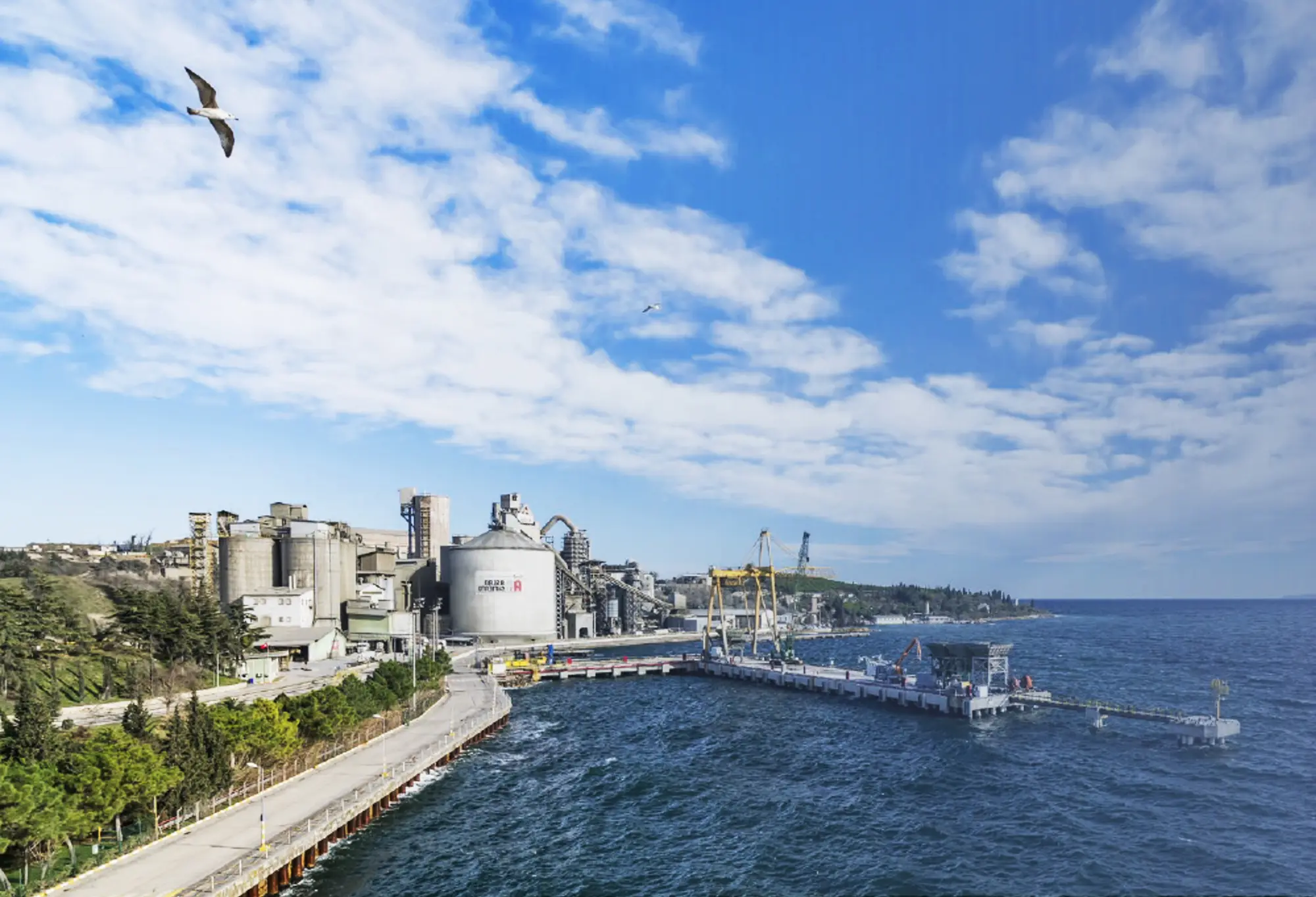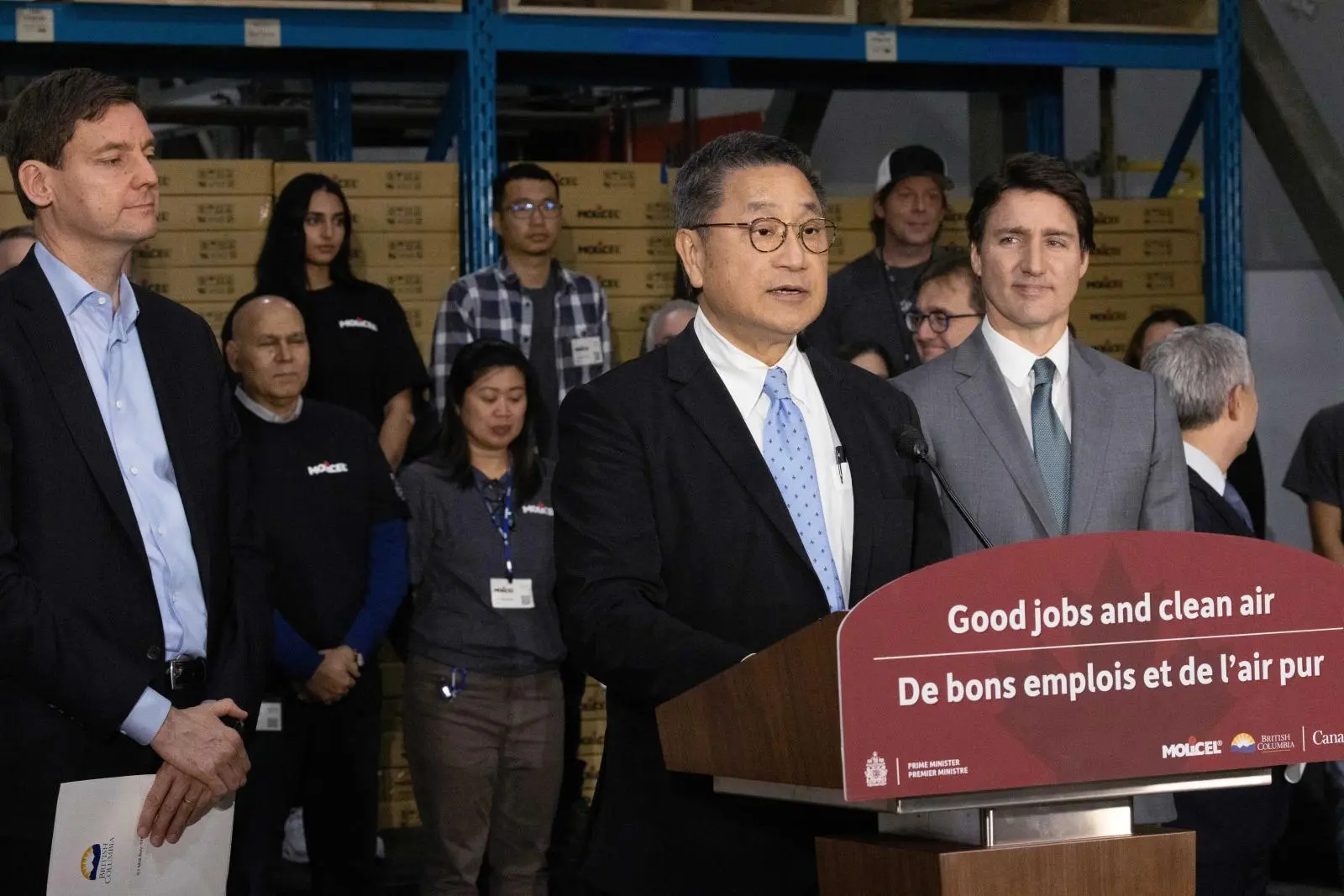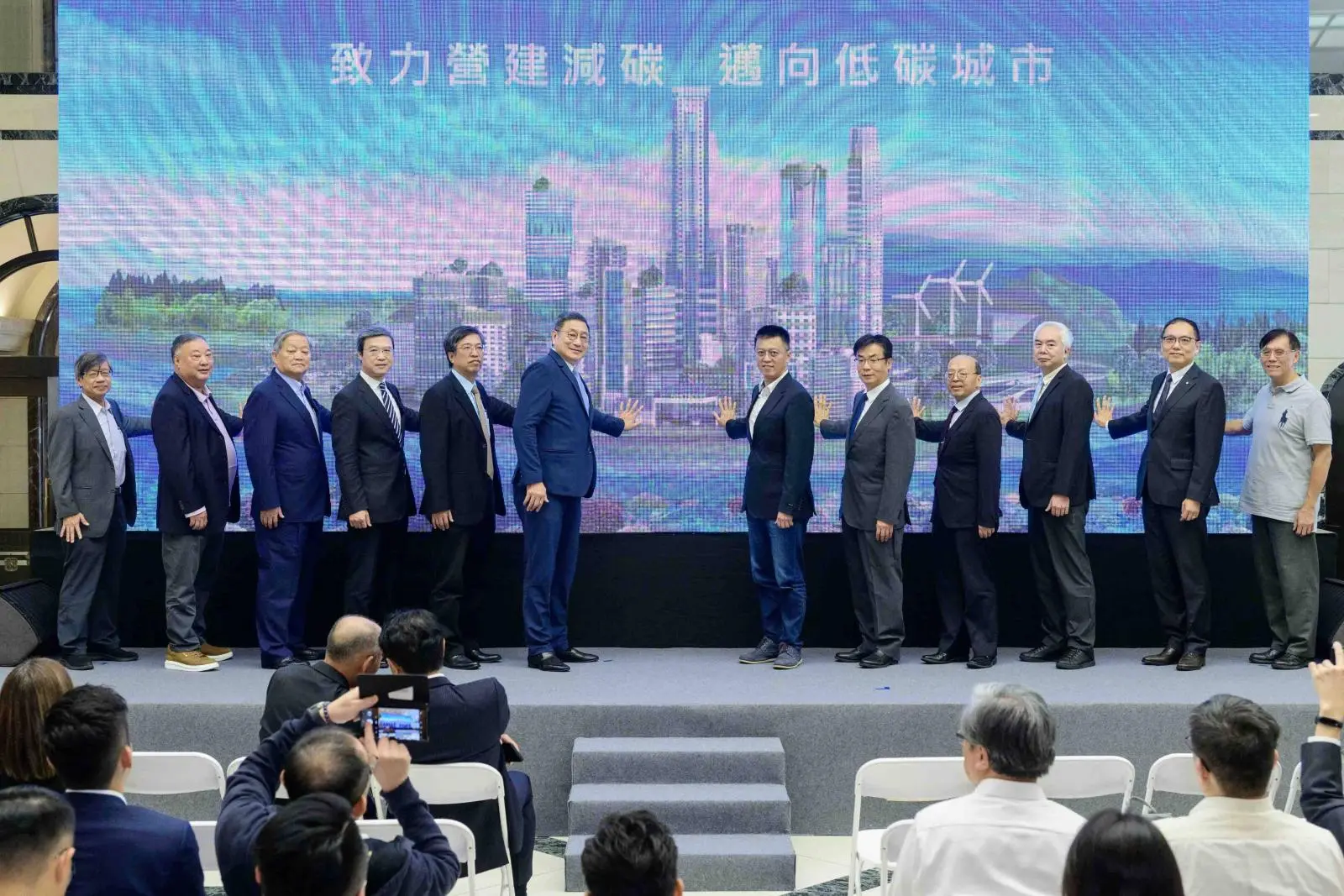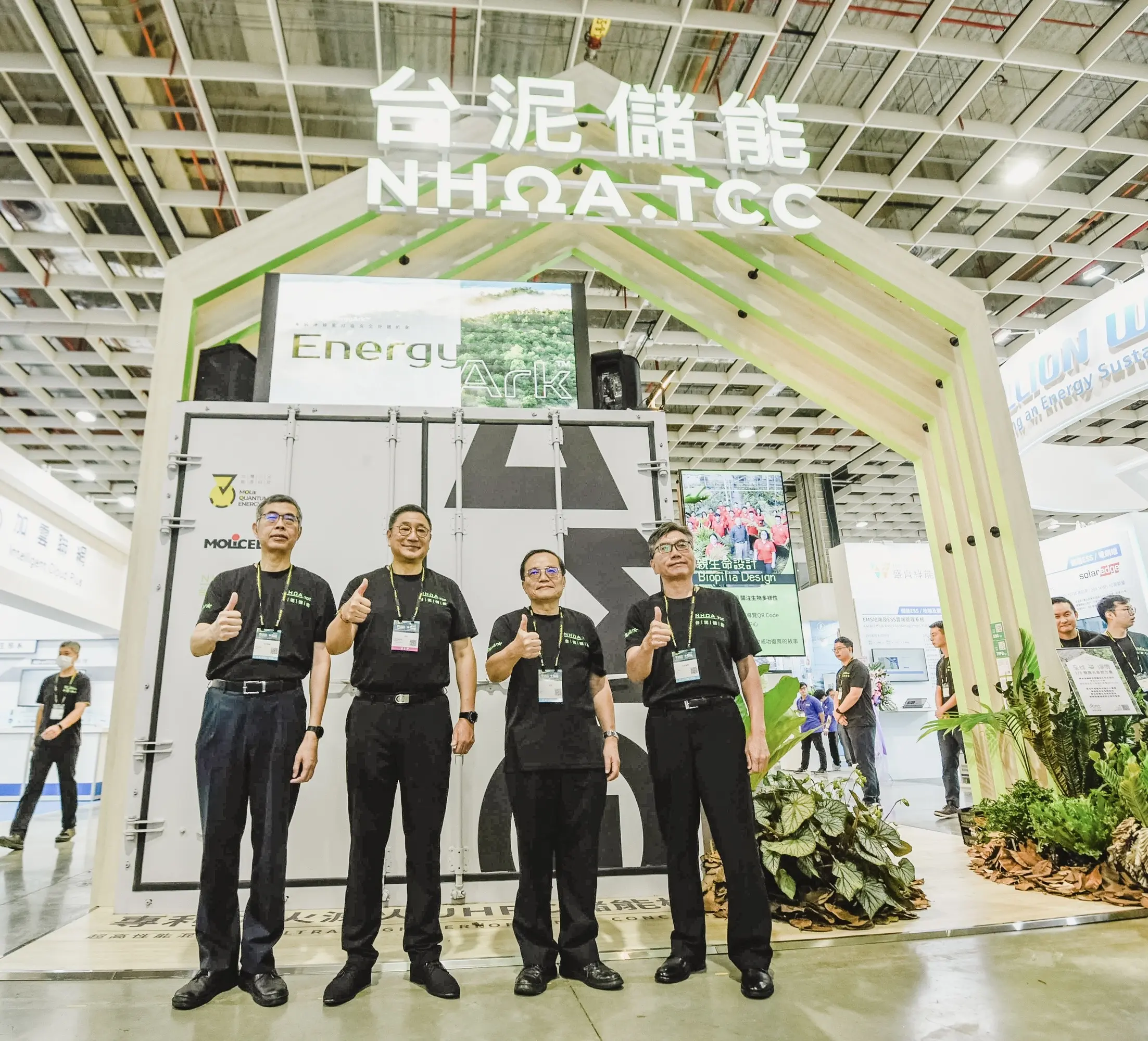TCC Is Expanding Its Investments in Turkey and Portugal, Aiming to Establish the World's Lowest Carbon Cement
TCC Is Expanding Its Investments in Turkey and Portugal, Aiming to Establish the World's Lowest Carbon Cement
2023.11.27
-
Copied

TCC continues to expand its global green layout. On the 27th, it was announced that a partnership with the Turkish OYAK Group (hereinafter referred to as OYAK) will be formed to expand investment in the low-carbon cement market across Europe, Asia, and Africa. TCC plans to increase its shareholding in the Turkish OYAK Cement joint venture from 40% to 60%, and to raise its stake in the Portuguese Cimpor Cement joint venture from 40% to 100%. This time, TCC's expansion of shareholding mainly focuses on the leading global low-carbon cement research and development and production technologies of OYAK and Cimpor. TCC's Chairman, Nelson An-ping Chang, stated that in the future, companies that do not understand carbon will not be able to survive, and low carbon is definitely an international market. He believes that by increasing investments in OYAK and Cimpor, TCC can expect to become one of the few major suppliers in the world capable of providing the lowest carbon cement in the future, possessing high carbon competitiveness.
In 2018, TCC formed a joint venture with Turkey's OYAK, and through this joint venture, invested in the Portuguese cement company Cimpor, after which the operational performance rapidly improved. The joint venture company has seen a sixfold increase in net profit after tax and a fivefold growth in EBITDA over the past five years. More importantly, the joint venture between TCC and OYAK is the first cement company in Turkey to announce a net-zero commitment. In recent years, through Cimpor, we have successfully obtained ultra-low carbon alternative fuels in Africa, leading the global cement industry with the technology of producing ultra-low carbon cement by replacing clinker with calcined clay, achieving the world's lowest carbon cement production. Süleyman Savas Erdem, CEO of OYAK, stated: "We expect the partnership between OYAK and TCC to lead future investments in the cement and other industries. We are confident in the future economy of Turkey. In collaboration with Taiwan Cement, we are evaluating investment opportunities in the fields of batteries and energy storage in Turkey." Chairman Nelson An-ping Chang emphasized: "In Turkey, a country of high strategic importance and potential, we will continue to innovate steadily in partnership with OYAK. We are grateful for OYAK's vision and confidence, which is why we have decided to increase our shareholding in the partnership. Through investment in carbon reduction technology, I believe that TCC and OYAK together will become pioneers in carbon reduction in the global cement industry."
OYAK owns 7 cement plants, 11 clinker production lines, 2 white cement production lines, 67 concrete plants, 50 distribution stations, and 1 port within Turkey. In recent years, OYAK has been actively developing technologies for the use of alternative fuels and alternative clinkers to reduce carbon emissions. The Thermal Substitution Rate (TSR) of the Aslan plant located within Turkey reaches as high as 61%, fully implementing the goal of reducing the use of fossil fuels. Turkey, located at the crossroads of Europe, Asia, and Africa, enjoys a geographical advantage in selling its low-carbon products to the European Union;The World Bank estimates that Turkey will need to invest $500 billion to strengthen the earthquake resistance of existing buildings, and $100 billion to rebuild buildings damaged by earthquakes. This will significantly increase the demand for cement.
Cimpor, a Portuguese cement company jointly owned by TCC and OYAK, has one of only two cement plants in the world located in Cameroon, Africa, that uses 90% biomass fuel for commercial-scale cement production. Cimpor's cement plant in Ivory Coast is home to the world's first large-scale production base for calcined clay cement. After calcining and mixing clay with clinker, it reduces carbon emissions by at least 40% compared to traditional cement.
In the European cement market, imported cement has accounted for a certain proportion for many years. With the future implementation of the Carbon Border Adjustment Mechanism (CBAM) by the European Union, low carbon will become a major competitive strength in entering the European market, regardless of whether it is for local cement or imported cement. For this stock acquisition expansion, TCC aims to complete the related transaction procedures before the end of the first quarter of 2024. The board of directors of TCC has authorized an amount of approximately NTD 26.6 billion. The internationally renowned investment bank Citibank also provided related consulting services for this case. TCC emphasizes that whether it is establishing a green power battery cell factory in Canada or developing the low-carbon cement market in Europe, TCC will continue its steps towards low-carbon transformation and internationalization.
More Related Information
-
 2023.11.15E-One Moli Energy gets $4.8 billion from Canada for low-carbon battery cell plant
2023.11.15E-One Moli Energy gets $4.8 billion from Canada for low-carbon battery cell plant -
 2023.10.30TCC Launched the Total Climate Series of Low-carbon Construction Materials
2023.10.30TCC Launched the Total Climate Series of Low-carbon Construction Materials -
 2023.10.18The World’s First Energy Storage Cabinet, Energyark, Combines Low-Carbon Construction Materials and New Energy Sources for Safe Energy Storage
2023.10.18The World’s First Energy Storage Cabinet, Energyark, Combines Low-Carbon Construction Materials and New Energy Sources for Safe Energy Storage


